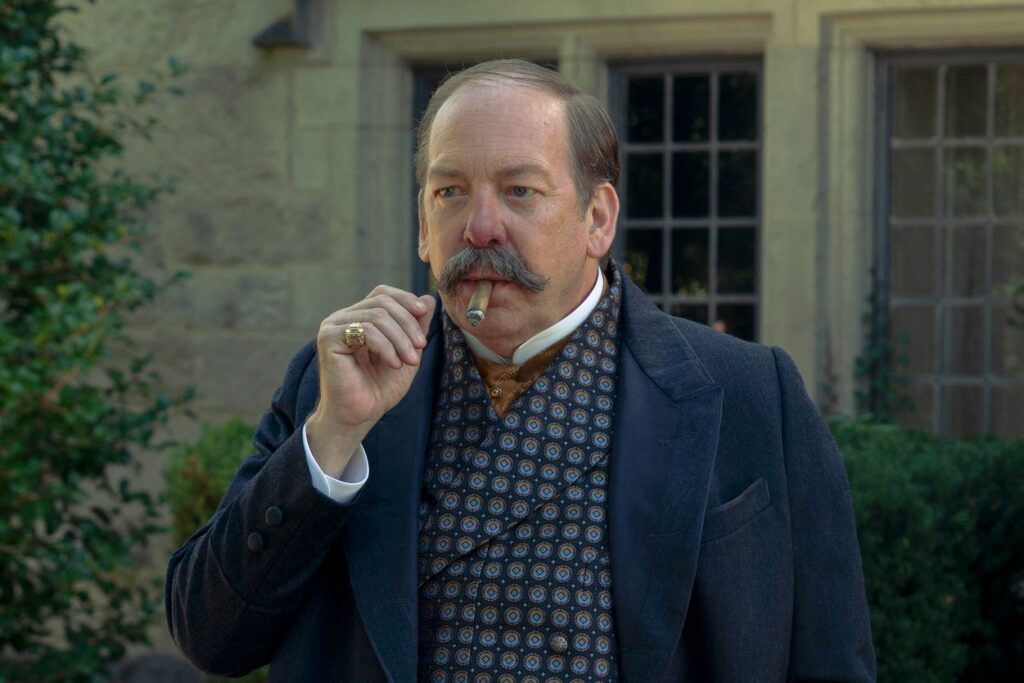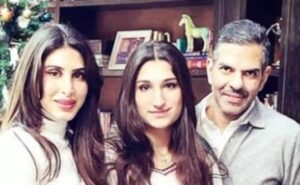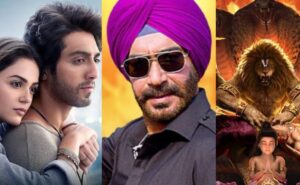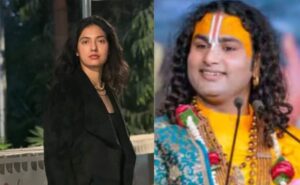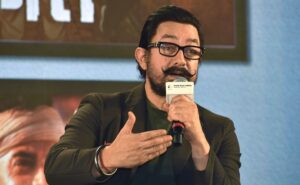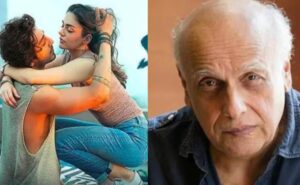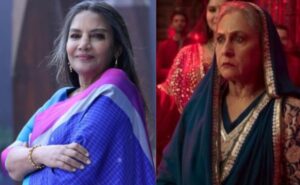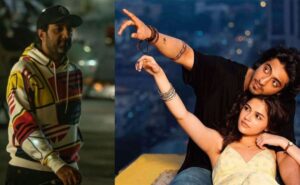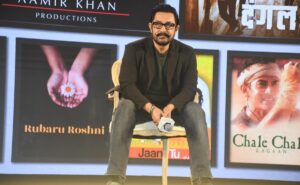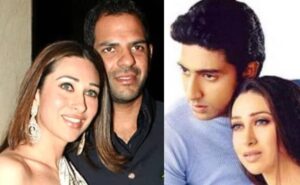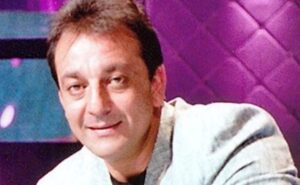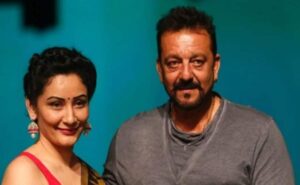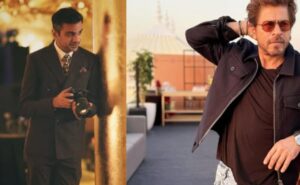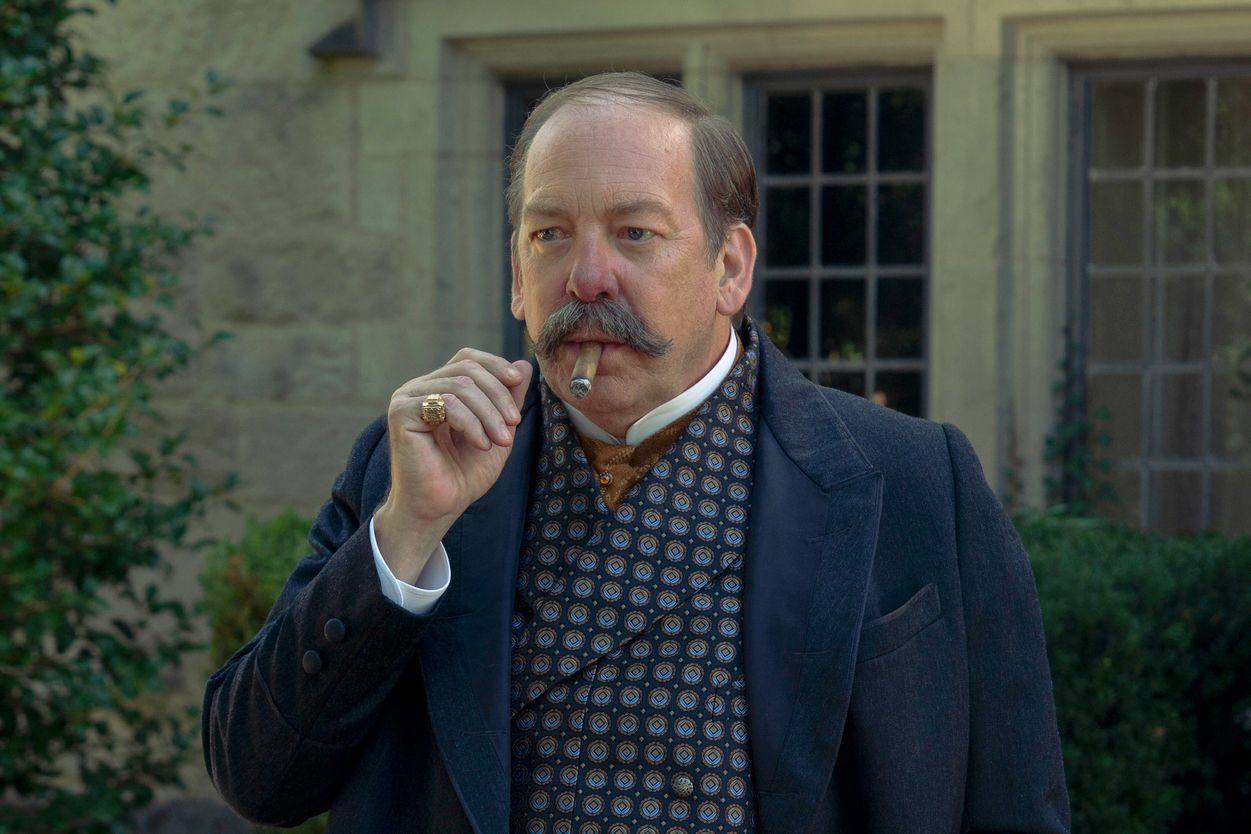
So far, The Gilded Age’s third season delivered a near-royal wedding, two seances, a sudden death by carriage, and a rags-to-riches success story in the form of a young footman who invents a clock. Now, episode six finds George Russell’s once-dominant railroad empire on shaky ground. Threatened by market instability and a harsh betrayal from his disgruntled former secretary, Russell meets with Bill Camp’s J.P. Morgan, and the two join forces to steamroll the industry’s most powerful men into choosing a majority owner for the Illinois Central Railroad.
While many of the show’s characters are based on or inspired by real historical figures, J.P. Morgan is one of the few who is named directly. His return adds to the intensity of the season, anchoring the show further in its history and raising the stakes for its most invincible businessman. Camp, a Tony- and Emmy-nominated actor (most recently for his portrayal of Raymond Horgan in Apple TV+’s Presumed Innocent), was eager to play someone as towering and consequential as the legendary banker. “I wasn’t going for any sort of replica of the guy, but more the essence of him,” Camp says. “In my mind, at least, he’s always been this kind of weird, mythical monstrosity.”
I wanted to start by congratulating you on your Emmy nomination for Presumed Innocent. You also got one for The Night Of. What do you think of voters responding so warmly whenever you play a dadlike or mentor-type character?
I guess that’s great. I am a dad. I think a lot of my own father is in a lot of what I portray. Certainly not always, and definitely not exclusively. But my dad had a lot of influence on me, and I think I try to find parts of him in whomever I’m playing. Somehow I sort of cloak [myself], a little bit, in what my father had in terms of energy and tone. I take that as a compliment.
Is there anything about your father in your portrayal of J.P. Morgan?
No. [Laughs]
What was your initial reaction when you were approached for this role?
I was very excited when Bernie Telsey and the people at HBO came to me. I’m not going to venture into economics or politics, but J.P. Morgan played a fascinating part in the history and development of this country. One has to take these historical figures that are so insanely powerful and so rich with a grain of salt; the stories that get written about them, you have to wonder how embellished they are. Yet there were certain actions he took that very obviously and directly influenced the way this country became what it is.
How do you approach playing a historical figure versus a fictional character?
I’m not often asked to play people who are real. I did a little bit of research. None of us really know who the hell that guy was. Most people at that time also didn’t know who he really was, except his wife or his butler. I’m physically nothing like him. He was huge; he was tall and big. That’s not me. I just wanted to find the essence of the guy. I didn’t want to mimic him or do a sort of portrait of him, so it was more of what Julian provided in terms of the text and how he was relating with other people. I also didn’t want him to be this boorish bull in a china shop, which was how he had been described to me. I’m a scenery chewer. I wanted to have fun with him. He’s like a giant meal, and I have a big appetite.
What kind of research did you do?
I went to the Morgan Library. It fascinates me, the guy’s interest in beautiful things but also wild things. His appetite must have just been ginormous. The ownership of stuff clearly mattered to him. One has to see the many beautiful things he owned and preserved and felt the need to take care of. I think he was sort of humbled by the beauty of art and the beauty of words and great books. I have no idea where that came from, if it was the way he was raised, what he was exposed to, or if it was a certain moment in his childhood. There’s this library, and then there’s this giant money machine, and it’s an odd dichotomy, these two things that exist next to each other like that.
You described yourself similarly as having a big appetite. Did you find other similarities between yourself and J.P. Morgan?
Absolutely. I’d be lying to you if I said no. I would be lying to anybody who asked me that question about any character I played, because otherwise I feel like there’s no truth to it, and I’m just not that good of an actor. There’s always the slightest bit of me that I have to access. There’s a tiny ingredient or flavor of me, a trait, a characteristic, a memory of a thought. Now I’m getting into psychology, but I have a need to control. I have a need to manage. I have a need to be right. Mine is on a much lesser scale, but it’s still part of me. They aren’t things I’m proud of. But they’re real. They’re there. The need to be smarter than the other guy, to win — and I think J.P. Morgan wants to win.
The conversation between the men at Morgan’s house in episode six is based on history. He negotiated a lot of the loans for the Illinois Central Line. Did you discuss any of that with the rest of the actors in that scene?
I don’t remember us ever having a sit-down to talk through, you know, This character wants this and the other doesn’t want that, because the scene never gets that specific. The scene opens, I think, with Peter McRobbie talking about paying his office boy $2 instead of $3 or something like that, so you have an understanding of what this guy wants and what his motivations may be. They don’t get too complicated, but there’s a lot of complicated stuff going on. It’s a room of very powerful, very rich, very savvy, conniving, and probably sometimes insidious men. There’s some intrigue happening in the room, but there’s always intrigue with those people. They’re not loyal to one another, or maybe anybody in their circles. But loyalty — they like to use that word a lot. It’s a weapon.
Did you and Morgan Spector discuss the dynamic between your characters?
No, Morgan and I just kind of went. Morgan is so good that it’s really easy. Sometimes working with really brilliant actors, I find that we don’t always need to talk shit out. You can step into a rhythm and a flow with somebody when you both have an understanding of what’s really going on. I heard this great film and stage actor say once that it’s a bit like improv when you’re acting for a camera. You don’t have a lot of time to sit around. And, you know, I’m just coming in for one day. I was also doing Sirens at the same time, so I was driving from one part of Long Island to another part of Long Island to Brooklyn to another part of Long Island.
What makes George Russell and J.P. Morgan such good business partners?
George Russell is really bold, and J.P. Morgan tells him that right away in episode two when George is enlisting him and he’s slightly reticent about it. He’s like, If you’re going to do this, it’s like parting the Red Sea. I’m not sure I would even try to do that, and I’m one of the most powerful men in the world right now. That coming from J.P. Morgan means a lot. He owns everything. If he wasn’t happy with something, he would just do as we know people do in those situations: They throw money at it. He’s attracted to that quality in George. They are so different to the eye, the behaviorisms, but there is a kind of glowing fire that they see in each other. J.P. Morgan is excited about that. He’s thinking, We can make a good duo and we can do something huge, and then I can kick him to the curb. He’ll try to do that to me, and I’ll destroy him. In the meantime, it will be really fun to go down this path with him, because he is bold. He’s got courage. Or, at least, he’s got a willingness to go all the way.
Were there any specific parts of the costume or hair and makeup that helped you embrace the character?
There’s a famous photo of J.P. Morgan hitting a photographer with his cane and embodying a sort of, How dare you even look at me? A lot of that was brought in. I can’t talk about the costume without also talking about the makeup and my mustache. He had rosacea, and while I think he was super-vain, he was also sort of like, Look at it. Look at it! He wasn’t trying to hide it in any way. He’s not drawing attention to himself and his clothing, either. I thought it was quite subtle what makeup artist Nicki Ledermann did. She tried a couple of different things, like, what if his nose was more nostril-y? But that was a little too much. She really found that balance. It’s so wonderful I get to work with these genius artists. There’s a beautiful vest or waistcoat that I’m wearing in the very first scene with Morgan when we’re sitting in George’s office. It’s kind of gold and sort of checkered. That was quite beautiful.
In Presumed Innocent, you play the husband of your real-life wife, Elizabeth Marvel. Does she have a Gilded Age character in mind for herself?
She wants to be on the show so badly because it just looks like so much fun. I would love her to play my wife, but we’ll never see that, so I think she could play anyone. That’s just the kind of character actor that Elizabeth is, because she has a big appetite, too. She’s played all those kinds of people, from someone in the back rooms of the home to somebody who could be Mrs. Astor’s best friend. She’s played queens and she’s played beggars. I know she’d love to wear the clothes that the society women wear in Newport. She would probably come up with something super-interesting. Maybe somebody who arrives from another country who sort of throws a bomb or comes in with some information. Beth is an amazing fisherwoman, so that has me thinking it would be cool to see her as one of those super-outdoorsy, more rugged women in that world. Someone who has been weathered or has experienced a different kind of America.
More ‘The Gilded Age’
And has some ideas for a Gilded Age role for his wife, Elizabeth Marvel.

